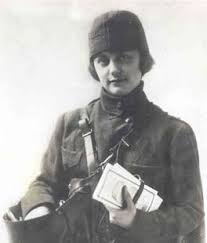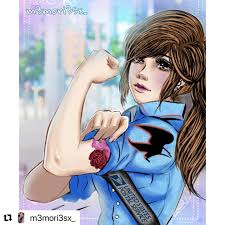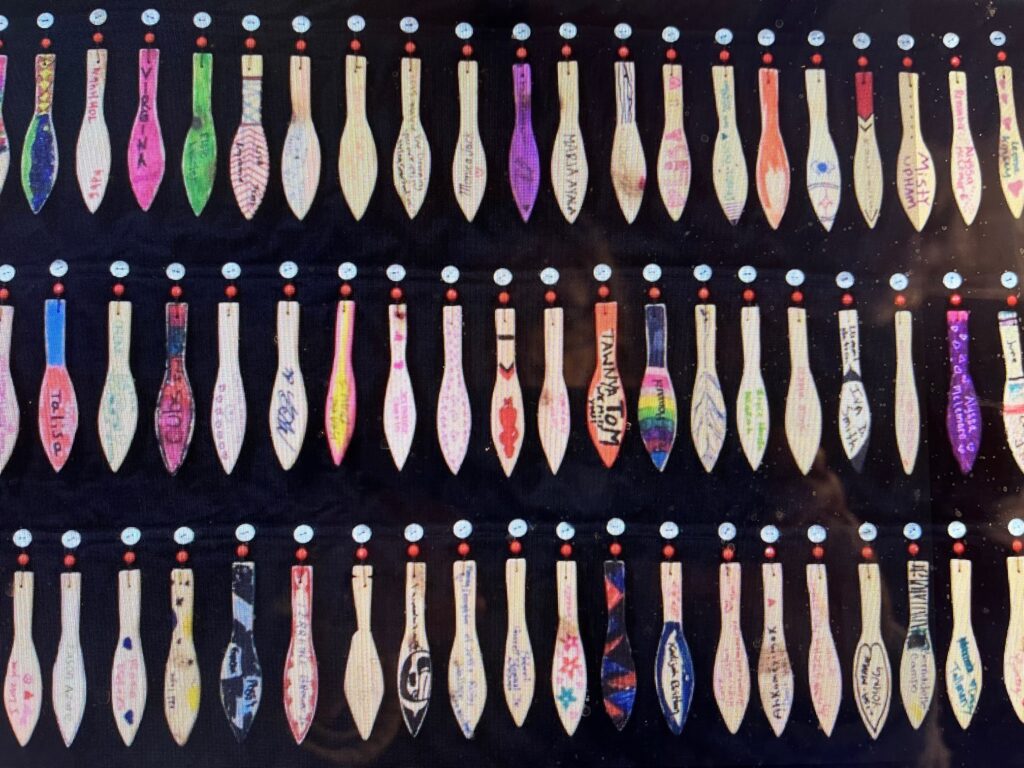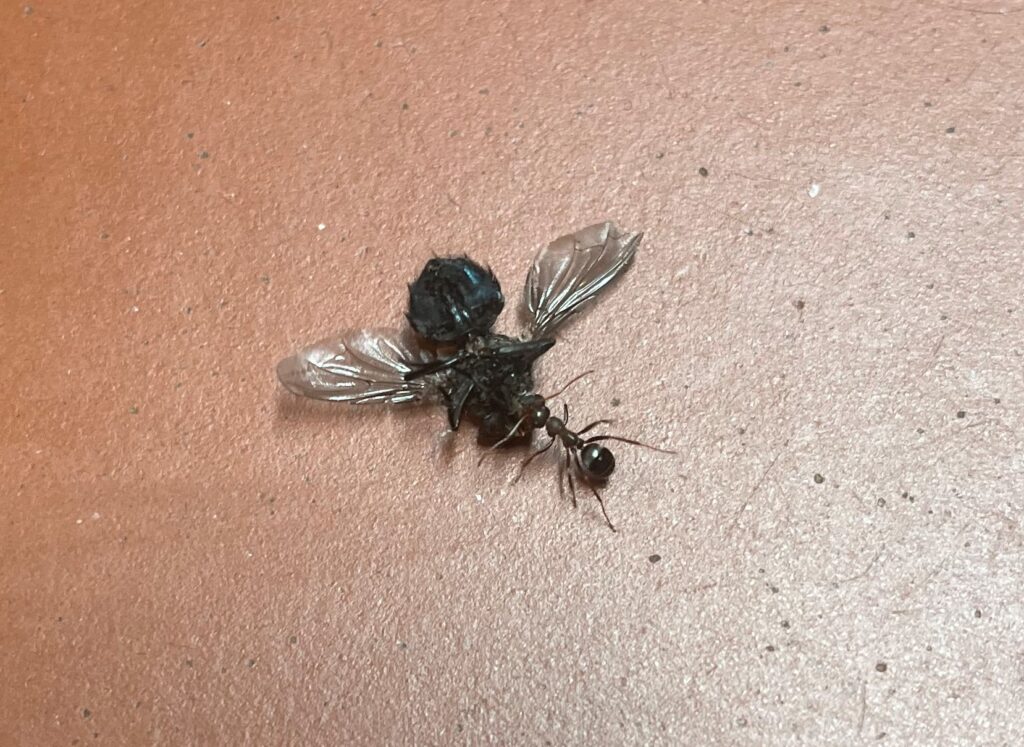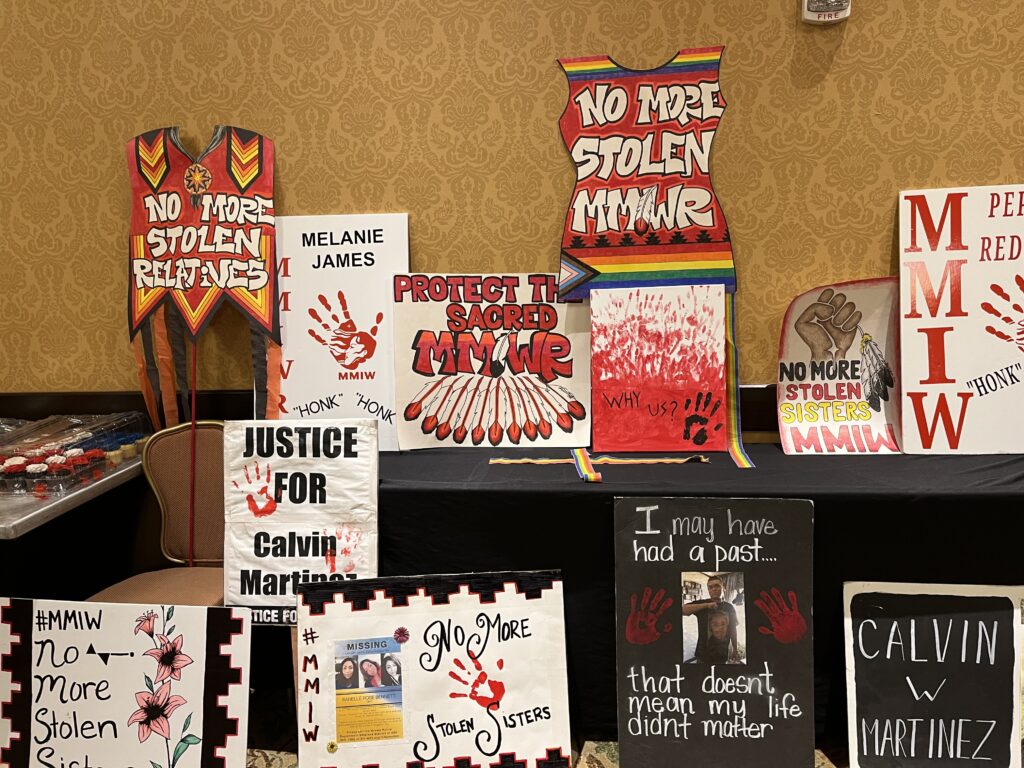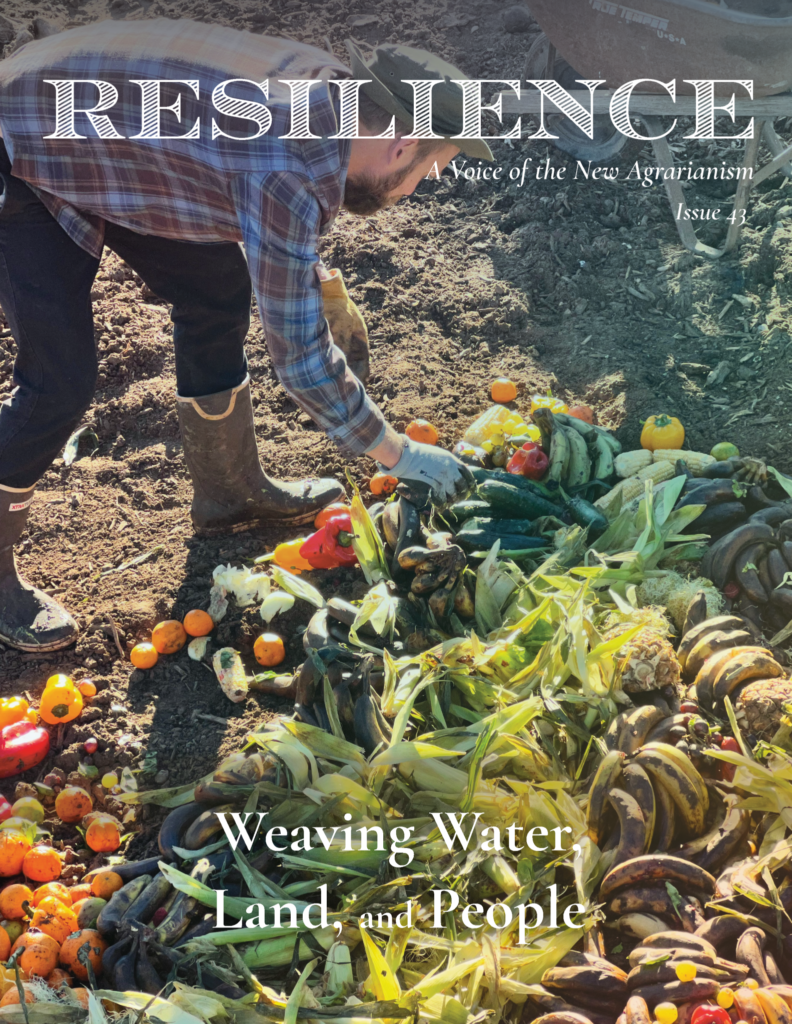I Coulda Been…
Even if you’ve had, or are still having, the perfect career, you may find yourself wondering about other options you might have taken. I have been so lucky to have spent much of my adult life mediating. Come to think of it, I spent a lot of my not-adult life mediating, too, between parents, friends, roommates. I was always the one in the middle, seeing both sides, comfortable with the gray areas, knowing that black and white was too simple. It is wonderful, challenging, fascinating work, and for someone insatiably curious about people, it is perfect. But there have been times in the midst of a seemingly unresolvable dispute, or confronted by a particularly difficult participant, when my mind has wandered down the path not taken.
What would I rather be doing, I ask myself? And for decades what has popped into my head is “delivering mail.” I drive by a mail delivery person, bag slung across shoulder, or pushing a wire basket filled with mail, moving jauntily along, and I think how relaxing it would be to walk your beat, chatting with a neighbor or two, dropping mail in boxes or slots, breathing deep, enjoying the clouds, the flowers, the sun, the rain, the falling leaves, whatever the season brings. Maybe in the spring I would wear uniform shorts, revealing well-developed calves. Maybe I would even be whistling.
The appeal of this career for me is obvious:
- Get exercise without going to a gym
- Uniform provided, no agonizing decisions about what to wear
- No conflicts to resolve. If neighbors are fighting, I just whistle and move on.
- Contact with people is superficial, which doesn’t mean that I don’t care. It just means that I don’t have to know more than I want.
- Everyone, almost, would be happy to see me. I would smile a lot, and say “you’re welcome” to the dozens of “thank you’s” every day.
- Permission to be nosey. Who gets which catalogs, who actually still corresponds by letter, who gets the most Christmas cards, who peeks out from behind the curtain hoping to catch the mail before it hits the floor, who has pets, babies, teens, who likes classical, rock or Taylor Swift.
- Opportunities to be a hero. Sometimes it’s the mail carrier who notices the mail piling up, or hears a cry for help inside the house, or smells smoke, or notices the family car has a flat tire, or finds a latch key child on the porch with no key. Just google “mail carrier saves” and you’ll find amazing feats, rescuing numerous elderly women who’ve fallen, saving a dog from a snake bite, catching a baby falling from a window. The possibilities for saving the day are endless.
But wait, there’s more. No reports to write, no meeting discussions to summarize, no agendas to draft, no long phone calls with distraught disputants, no flights to DC. Yes, it would be such a relief to have each day a completed task. Fill up basket in the morning, deliver during the day, fold up empty basket, and go home. Of course, the day might start earlier than I’d like, there might bickering at the post office about whose turn it is to make the coffee, a customer might accuse me of stealing her Vogue magazine, I might develop fallen arches, the weather might be sleet, rain and snow, … but I’d be out there doing my red-blooded American duty, and I’d be proud.
And what if I had chosen that fork in the road? By now, would I be hobbling down the sidewalk, dragging my rickety basket of junk mail behind me, wishing for a nice cushy desk job, where I could give my feet a break, look at the raging weather through a window, have friendly colleagues to banter with, get to wear something that was red or purple or green for a change?
I’ll never know, cuz at my age the civil service examiner would burst out laughing. Or maybe she would offer me a nice desk job, in HR, mediating office squabbles.
No thanks. I’ll stay where I am.
Read More
